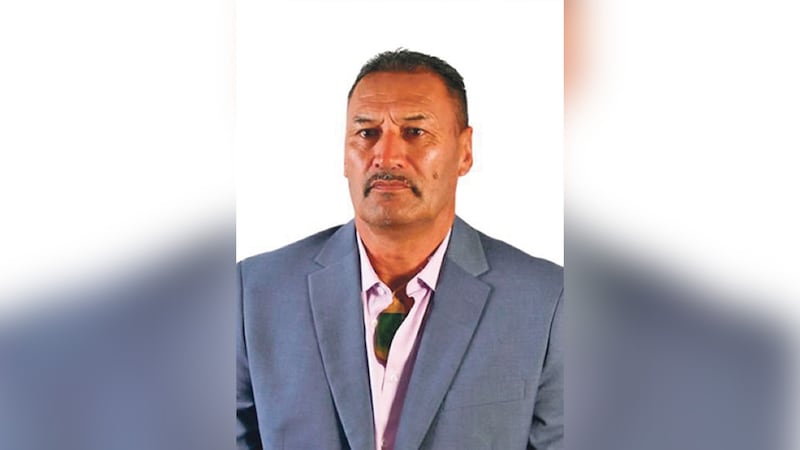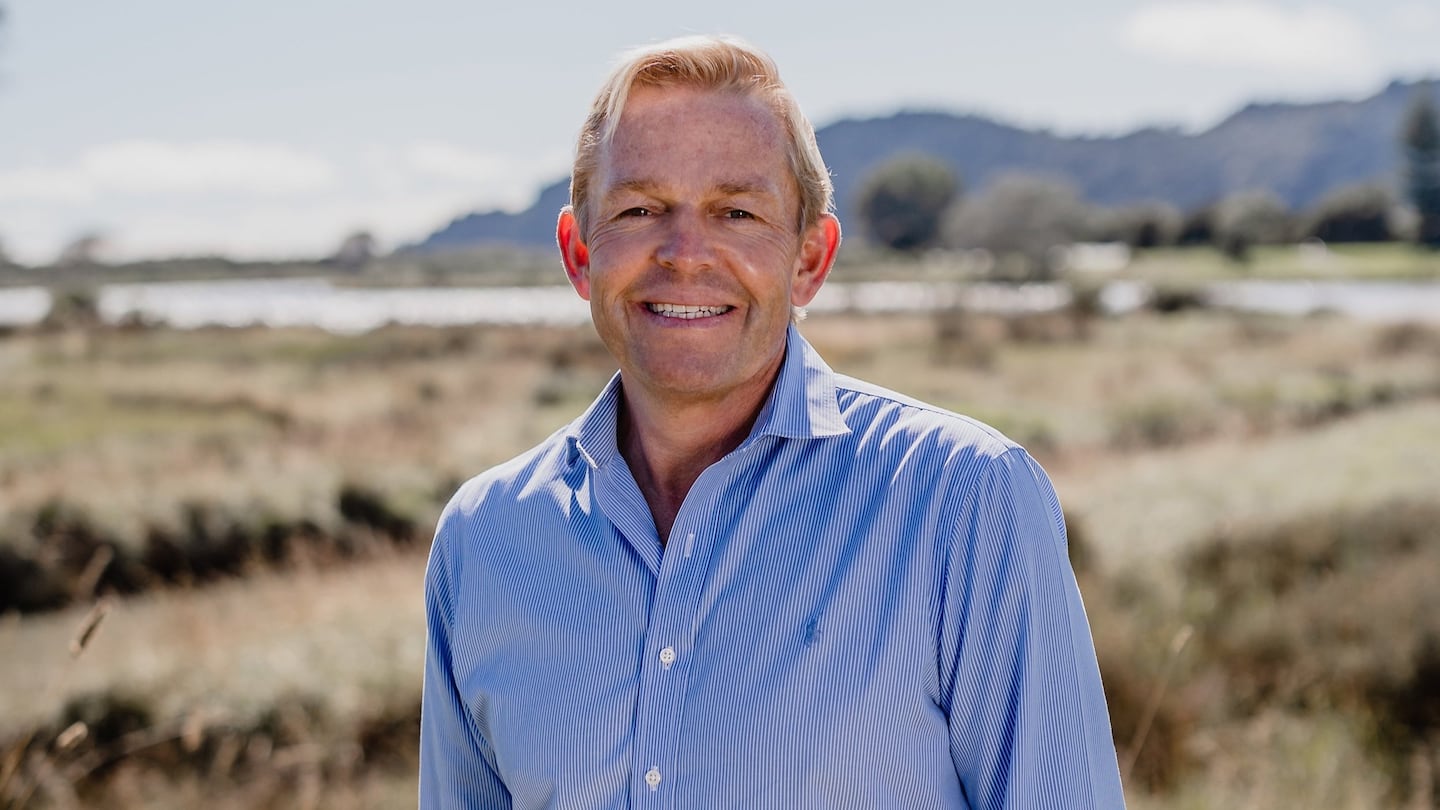Te Teko residents are unhappy about two sites on Tahuna Road being considered as potential dump sites for waste material from Whakatāne’s Te Rāhui Herenga Waka Boat Harbour.
Tahuna Road resident Steven Hoia said he first heard about his road being considered for a dump site about a month ago.
He spoke at Te Rūnanga o Ngāti Awa annual meeting on November 30 about his concerns and also at the Te Teko Residents Association meeting on Tuesday this week.
He said he had been “shocked and disappointed and quite angry” when he heard from other Te Teko residents that Tahuna Road sites near his home and directly opposite an urupa, were being considered as well as a site in Waimana.
“I am concerned not only for myself but there’s another area that’s been scoped as well in Waimana. I am concerned for them as well. Wherever they uplift it and take it to, it’s got to be a concern. It’s just taking the problem to another area.
He said he was currently doing his best to make people in the district aware of the issue.
“We will have another discussion with the (residents association) committee in the new year.
At a meeting of the Whakatāne Harbour Users Group on Wednesday, boat harbour project manager Phil Wardale said it was up to landowners to decide whether they wanted the dump site on their land.
“These are Māori land blocks that would like to assist. It’s a sensible opportunity when it is well considered and it’s for them to make the call.”
Mr Wardale said the hope was that the amount of dioxin found would fit into the vacant capacity available in the Keepa Road contaminated waste containment sites Bay of Plenty Regional Council used for its Kopeopeo Canal remediation work.
He said because the PFAS chemical was still relatively new and appropriate background levels had not yet been set in New Zealand, any trace of contaminant meant it could not be mulched and used in the horticulture industry as had been originally planned and would need to be disposed of in a landfill.
“In another 10 or 12 years it might not be a problem.”
The landfill site component of the project is one of those put forward for fast-track consenting under new legislation currently going through Parliament
Mr Wardale said no consents would be triggered until decisions had been made in March next year around rescoping of the project to keep it within budget.
He had a number of sites where the landowners are prepared to consider the creation of such a landfill. While sites in Paroa and Waimana had been considered, Mr Wardale said his two preferred sites were in Tahuna Road in Te Teko.
One is a quarry which requires remediation. Another site was on land he described as “a derelict block”.
He said this second site was large enough that it had capacity to take not only the waste from the boat harbour but could be developed as a landfill for other contaminated sites in the district.
A rough calculation showed it could take about 1.5 million cubic metres of material, and the boat harbour project only needed to dispose of about 100,000 cubic metres.
“In terms of any consenting we would probably, by the nature of the first consent, leave a legacy that this site could be used for additional remediation projects.”

Te Rūnanga o Ngāti Awa chairman and Whakatāne district councillor Tu O’Brien expressed anger at the idea of owners of contaminated land being invited to use land in Te Teko as a dump site.
“There are people in Te Teko that are not happy that they haven’t been consulted with or talked to by yourself,” he said.
“Now we’re hearing that you are inviting people to come and bring the rest of their toxins from elsewhere because you’ve got plenty of space to dump it. You have no right to say that. You put it in your backyard.”
Mr Wardale said he and the Te Rāhui board were happy to speak to anyone who had concerns about the project.




